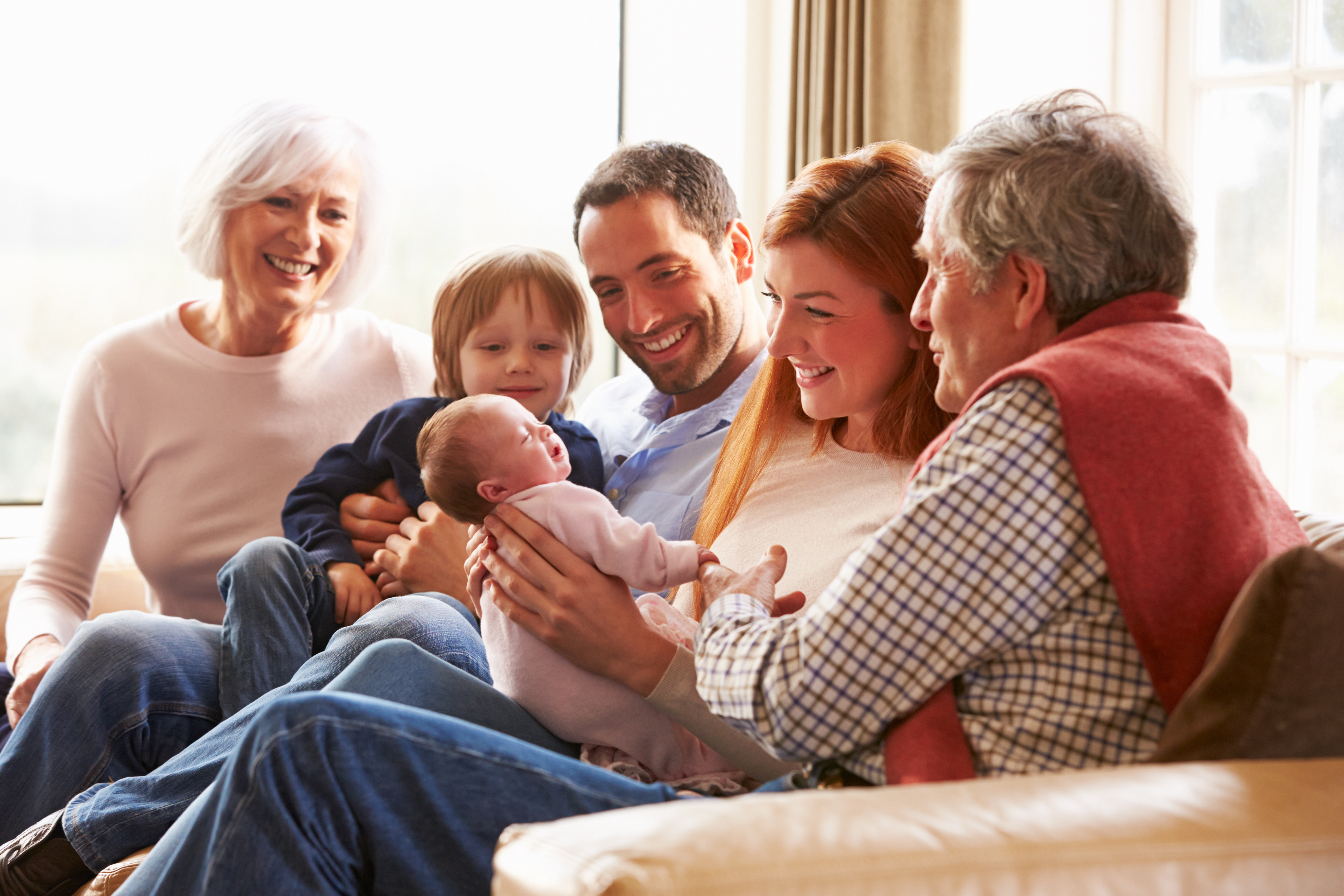Female Fertility, Age, and How Eggs Really Work
by MyEggBankin GeneralDecember 19th, 2019

If you’re currently trying to grow your family, are considering having children down the line, or are simply taking stock of your plans for the future, it’s important to know the facts about female fertility—how age affects your eggs and your ability to conceive.
Read the key points on egg quality and egg quantity below to see how age correlates with female fertility.
Age and Egg Quality
As women get older, the quality of their eggs decreases. The decline is most notable in one’s mid-to-late 30s. Women under the age of 35 typically have an easier time conceiving; if you’re 35 or older and have not been able to conceive after trying for six months, it’s recommended that you make an appointment with a fertility specialist.
Regarding egg quality more specifically, as women age, the likelihood of genetic abnormalities—called aneuploidy—increases. This occurs when there are too many or too few chromosomes in an egg.
A typical egg has 23 chromosomes, and it combines with sperm containing 23 as well. Too many or too few chromosomes usually results in a miscarriage or a lack of pregnancy altogether. If an embryo does form, Down syndrome can result. Other aneuploidy conditions include Edwards syndrome, Patau syndrome, and Klinefelter syndrome.
Age and Egg Quantity
As you get older, your egg quantity decreases as well. This is called “loss of ovarian reserve” and refers to the reduced number of egg-containing follicles in the ovaries.
Your ovarian reserve declines as you age, which means the follicles become less sensitive to stimulation by the follicle-stimulating hormone (FSH). This hormone stimulates follicle cells, resulting in growth and encouraging egg development; it also stimulates the production of estrogen. As women age, more stimulation is required to bring about ovulation.
Although this is usually caused by aging, a decreased ovarian reserve can also be caused by lifestyle choices such as smoking, drug use, a family history of premature menopause, or past ovarian surgery.
Treatment for Female Infertility
If you’ve been trying to conceive for more than a year and are under the age of 35, it’s recommended that you seek a consultation with a fertility doctor. If you’ve been trying to conceive for more than six months and are over the age of 35, it’s also recommended that you make an appointment with a specialist.
Fertility doctors will ask about your (and, if applicable, your partner’s) family history, recommend any needed tests for you and/or your partner, and discuss your concerns and goals. In the meantime, maintaining a healthy lifestyle—getting regular exercise, eating well, refraining from smoking, and so on—can improve your chances of getting pregnant.
If still not able to conceive, many individuals and couples turn to fertility treatments like in vitro fertilization (IVF) or intrauterine fertilization (IUI); others turn to third-party reproductive services, such as egg donation or sperm donation to grow their families.
Learn More
To learn more about female fertility and how aging affects your egg reserve, or if you have concerns about your ability to get pregnant and wish to speak with a specialist, reach out to the team at MyEggBank.
We’ve been helping people become parents since 2006, and are proud to be the largest network of donor egg banks and client practices in North America.




